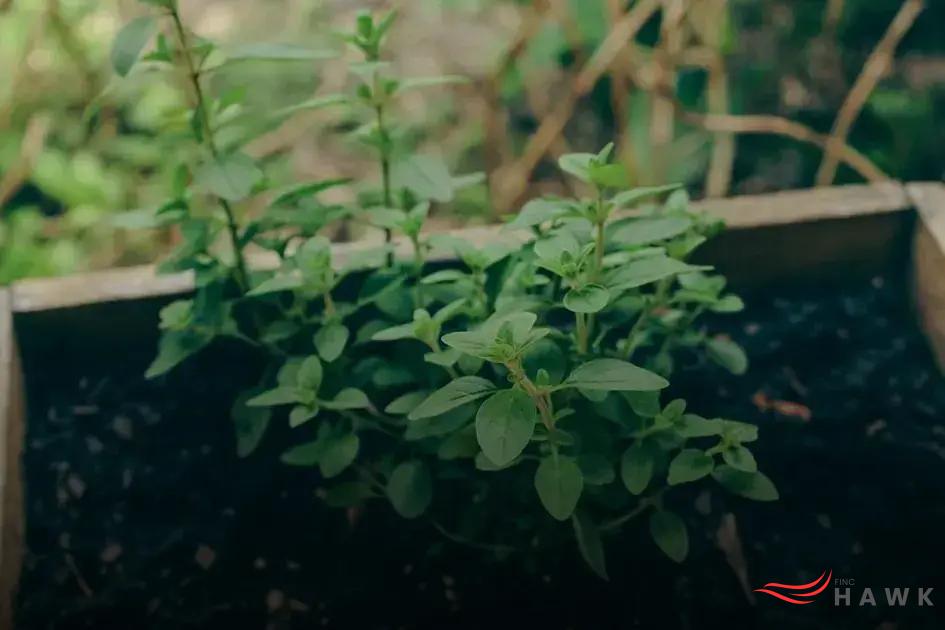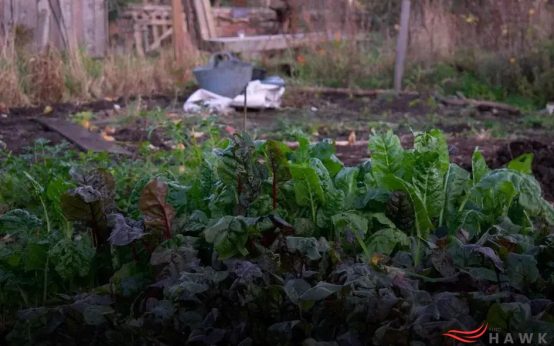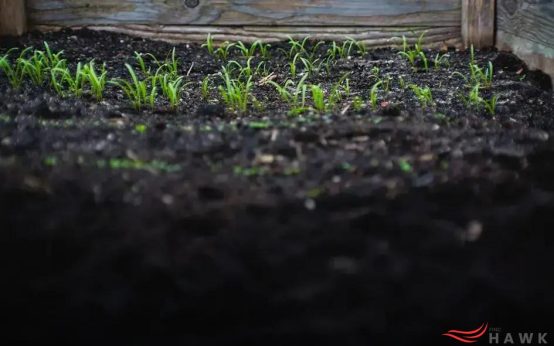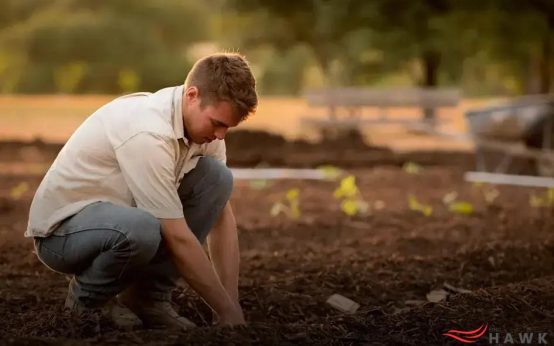Want to spark curiosity about nature in your little ones? Teaching Kids About Nature Through Gardening is a wonderful way to develop a connection with the environment while having fun together. From choosing seeds to watching their first sprout, every step is filled with discovery. Dive into these exciting gardening activities and see how your child grows along with their plants.
The Benefits of Gardening for Children
Gardening not only provides a fun activity for children but also offers numerous benefits that contribute to their overall development.
Engaging in gardening tasks encourages children to nurture plants, thus learning responsibility and patience. By observing the growth cycle of plants, children gain firsthand experience on how nature operates, giving them a sense of accomplishment as they see their efforts materialize.
Physical Activity
Gardening involves various physical tasks such as digging, planting, and watering, which help improve motor skills and encourage physical fitness. This hands-on involvement also stimulates sensory development as children feel the soil, smell flowers, and hear the sounds of nature.
Science and Nutrition Knowledge
Through gardening, children can learn about botany and ecology. They have the opportunity to understand how plants grow, what they need to thrive, and the importance of sustainability. Growing fruits and vegetables also provides a direct connection to nutrition, encouraging healthy eating habits as children tend to show interest in consuming what they have cultivated.
Social and Emotional Growth
Working together in a garden sets a platform for teamwork and cooperation. Children can develop social skills as they share tasks and communicate ideas. Gardening also fosters emotional well-being by reducing stress and boosting moods, fostering a sense of calmness and focus.
How to Start a Kids’ Garden at Home
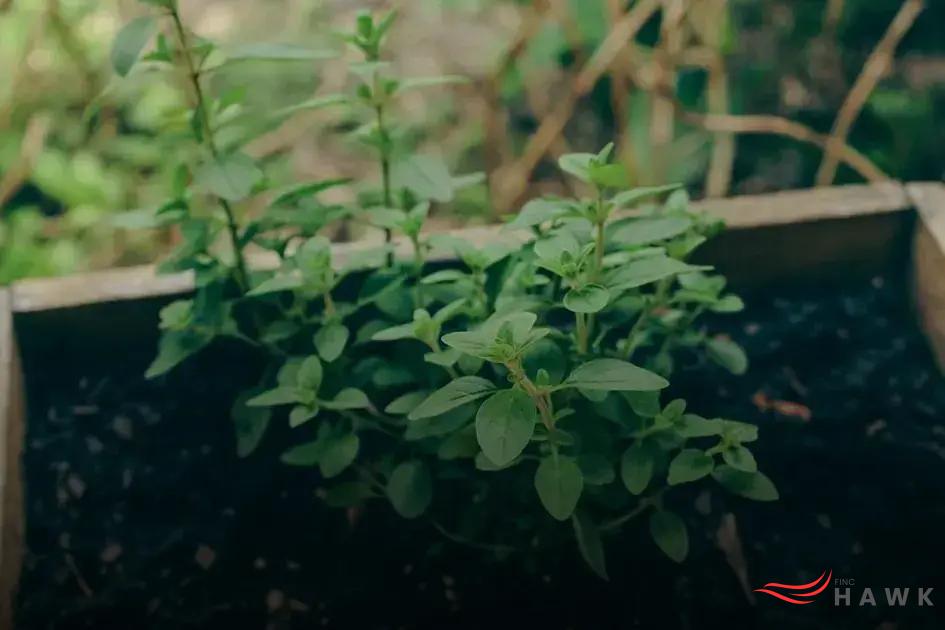
Starting a kids’ garden at home can be an exciting and educational experience for both children and parents. Planning the garden is the first step. Choose a sunny spot in your yard or even use pots on a balcony for urban gardens. Ensure the soil is rich and healthy, possibly by adding compost or organic matter, to kickstart plant growth.
Involve the kids in choosing plants. Vegetables like carrots, radishes, and tomatoes are fast-growing and suitable for beginners. Herbs such as basil and mint are also great choices because they grow quickly and are useful in cooking.
Provide child-friendly tools such as small spades, gloves, and watering cans. Allowing children to use their own tools fosters a sense of responsibility and excitement about their gardening efforts.
Once the seeds and plants are in the ground, children need to learn how to care for their garden. Teach them the importance of watering their plants regularly, especially during dry spells. Encourage them to watch for plant growth, noticing stems, leaves, and flowers as they develop.
As children watch their plants grow, they will effectively learn about life cycles and biology. This hands-on experience helps foster a deeper appreciation for nature and the environment. Encourage kids to keep a gardening journal, documenting the growth and changes in their garden. This can be a fun way to integrate science and writing.
By teaching children how to start a garden at home, you are instilling valuable life skills and a love for nature.
Simple Gardening Activities to Try
Planting Seeds: One of the simplest activities is to have kids plant seeds. Give them some easy-to-grow seeds like beans or sunflowers. Teach them how to dig a small hole, place the seed inside, and cover it with soil. This activity helps improve their fine motor skills while instilling patience as they wait for their plants to grow.
Watering Plants: Assign your kids the task of watering the plants. Explain the importance of regular watering, especially during dry periods. Discuss how plants use water for photosynthesis and growth. Make it fun by allowing them to use colorful watering cans.
Creating a Compost Bin: Set up a small compost bin and let your kids help with collecting kitchen scraps and garden waste. Teach them about the process of decomposition and how compost enriches the soil, making it healthier for plants.
Identifying Garden Insects:
Give your kids a magnifying glass and encourage them to discover insects in the garden. Guide them in identifying beneficial insects like ladybugs and bees, and educate them about their roles in the ecosystem.
Decorating Garden Pots: Provide some plain terracotta pots and let your children paint them with their own designs. This activity not only enhances their creativity but also makes them feel more connected to their plants and the garden.
Measuring Plant Growth: Teach your kids how to measure the growth of their plants periodically. They can record the height and number of leaves, fostering a better understanding of how plants change over time.
Nature Lessons Learned in the Garden
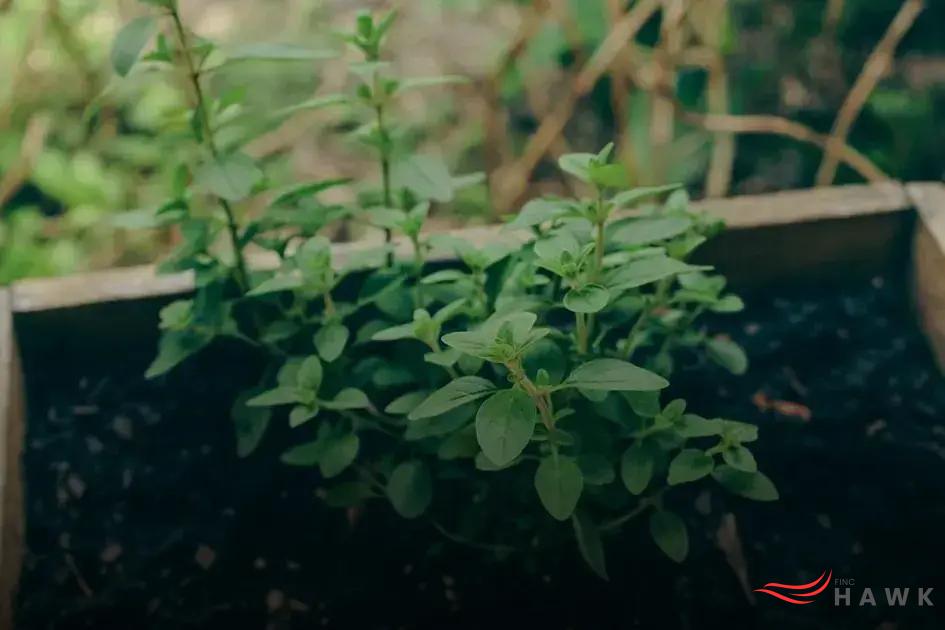
Gardening is an incredible way to introduce children to the wonders of nature. Through hands-on activities, kids can learn essential life lessons. Observation Skills: As they watch plants grow, children learn to pay attention to details. They notice how seedlings emerge from the soil, follow the lifecycle of plants, and observe how sunlight and water affect growth. Responsibility: Taking care of their own plants teaches children to be responsible. They learn that plants need consistent care and attention to thrive, instilling a sense of accomplishment when they see the results.
Patience: Gardening requires time, and kids learn that not everything happens instantly. They understand that waiting is part of nature’s rhythm.
Environmental Awareness:
As they garden, they’ll become aware of the environment. Understanding the importance of a healthy ecosystem, they see firsthand how bugs, soil, and plants collaborate in nature.
Problem Solving: Not all plants grow as expected. Kids learn to troubleshoot when issues arise, such as dealing with pests or limited sunlight. This fosters critical thinking and creativity. Seeing the impact of their efforts encourages a connection to the natural world, promoting a lifelong appreciation for the environment.

